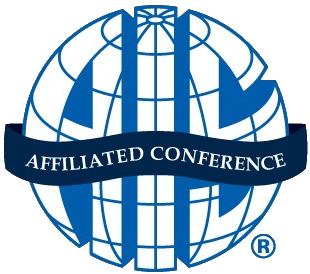North Rhine-Westphalia
When you hear North Rhine-Westphalia, you might think of Cologne Cathedral, a major landmark in Germany, and of the 'cathedrals of industry' such as Zollverein, a colliery turned into a World Heritage site. Another feature of North Rhine-Westphalia is its many universities: no other region has such a large concentration of higher education facilities, and our research establishments are renown worldwide.
North Rhine-Westphalia is also associated with its big rivers, grassland, forests and lakes that stretch between the Eifel hills and the Teutoburg Forest range. The land along the Rhine and Ruhr rivers is ideal for rest and recreation. The history of the Federal Republic of Germany would not be complete without North Rhine-Westphalia and the city of Bonn. The same is true for the history of whole Europe. As a state in the heart of Europe, we fully embrace the idea of a united Europe with free people.
Whilst our state has a rich history, it is also well positioned for the future. On an international scale, we are amongst the strongest economies thanks to innovative enterprises and a broad-based small and medium business sector. Come and discover the Diversity State!
Culture
North Rhine-Westphalia has changed in recent decades like no other German state. The results can be viewed across the country, and especially in the Ruhr region. Today, the creative industries employ more people than the mining sector. Industrial heritage sites have been turned into workplaces for designers, artists and the advertising industry. Every year the Ruhrtriennale festival attracts visitors from all over the world.
North Rhine-Westphalia has an outstanding concentration of museums, cultural centres, concert halls and theatres. Film festivals in Oberhausen, Duisburg, Cologne, Lünen, Münster, Bonn, Dortmund and so on provide quality of the highest standards. Buildings designed by top-notch architects have earned international renown. Artists and performers of the first rank include Pina Bausch, Max Ernst, Emil Schumacher, Joseph Beuys or Bernd and Hilla Becher.
Although, in terms of culture, North Rhine-Westphalia is comparable with London or Paris, there is a big difference: we have a long tradition of culture and heritage – in fact, the cathedrals in Aachen and Cologne, the Zollverein colliery and Augustusburg Palace in Brühl are World Heritage Sites. North Rhine-Westphalia was, is and will always be a society dominated by the working and middle classes. Our cultural wealth is not inherited but earned. Culture in North Rhine-Westphalia is therefore a great facilitator of change.
Source: http://www.nrw.de/en/north-rhine-westphalia/
You’ll find relaxation around every corner here. The region is easy to reach and get around. It offers long journeys like the seven premium hiking trails, a 13,800 km network of cycling paths, or the largest skiing area in the Alps. It is nowhere like in NRW!
More information about tourism in North-Rhine Westphalia
Source: http://www.nrw-tourism.com/1/active/


